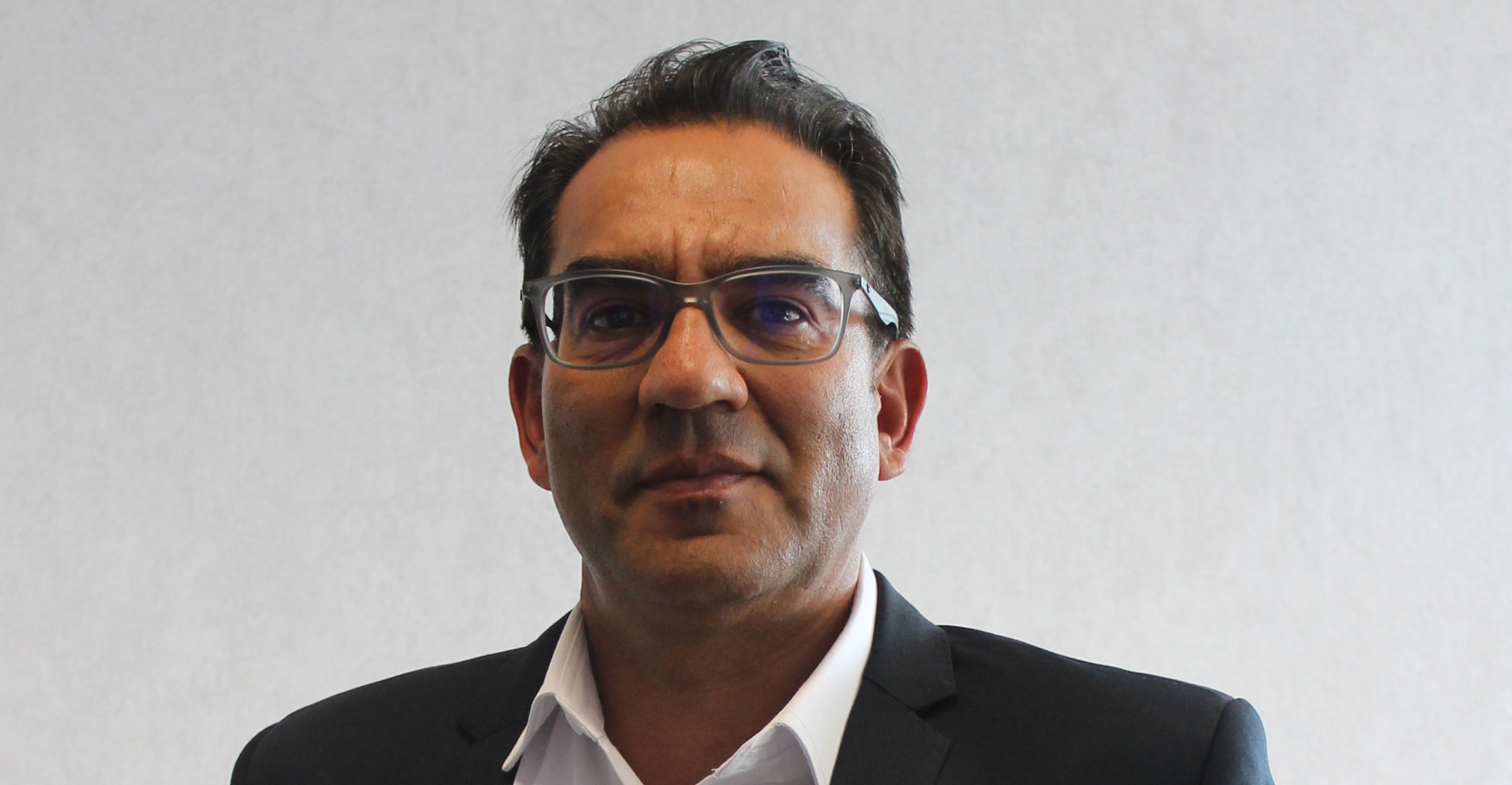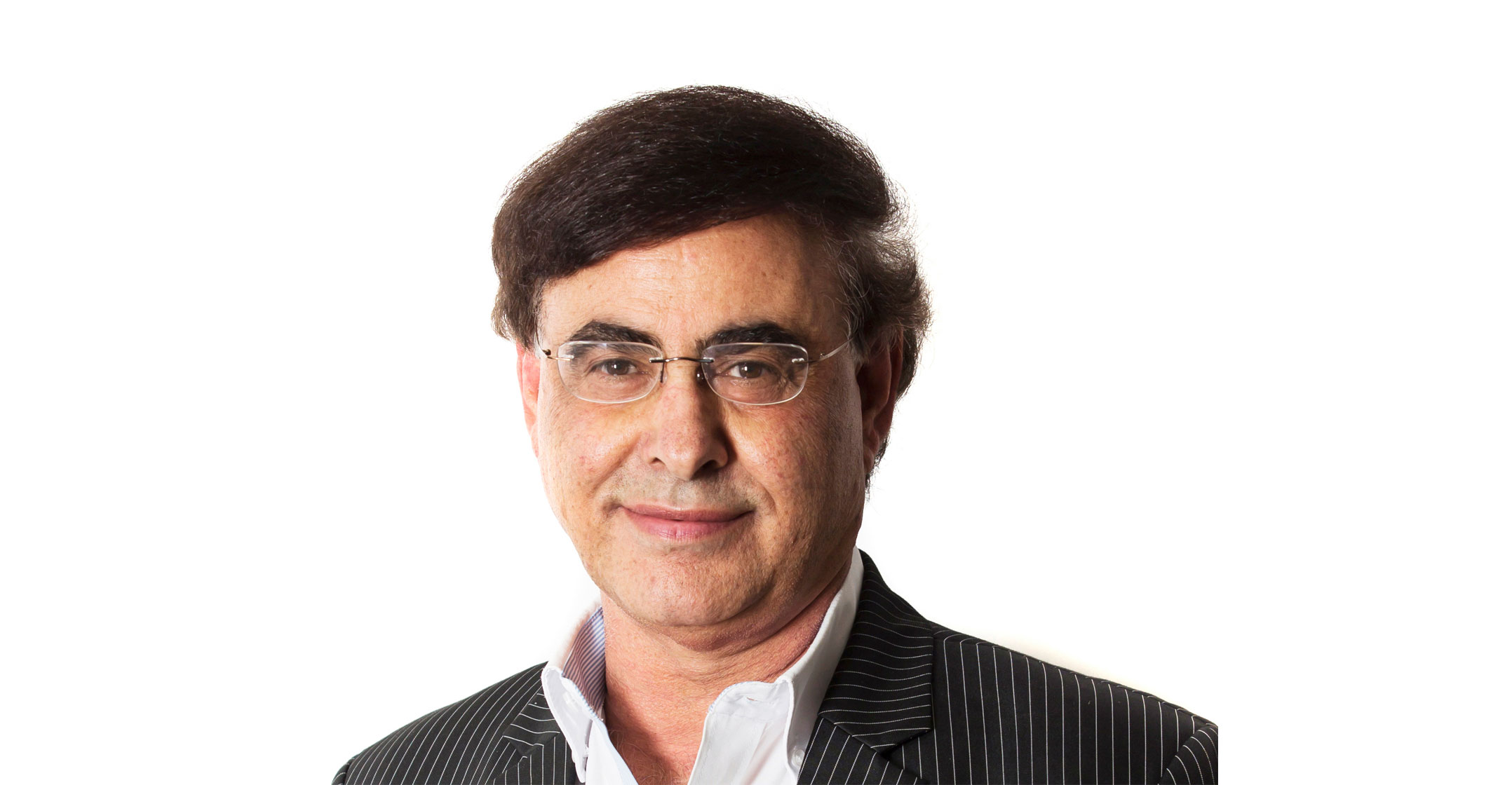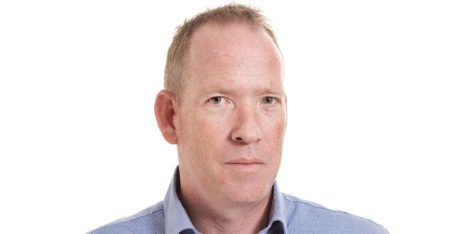
Shareholders in EOH have made their unhappiness known, with sizeable votes against five executive directors and significant resistance to its remuneration policy at Thursday’s annual general meeting. The results were released after the market closed on Friday evening.
Nine directors had been appointed to the board since the last AGM, and the second resolution asked shareholders to vote on each of these. Of the eight directors voted on (Grathel Motau resigned as a nonexecutive in March), only one received an overwhelming number of votes in favour: independent non-executive Moretlo Molefi, with 99.4% “for” her appointment.
New CEO Zunaid Mayet had 15.4% of shareholders vote against his appointment as executive director. This is highly unusual. Pumeza Bam, former group human resources director at EOH and current group executive for people and transformation at Liberty Group, had 25.2% of shareholders vote against her appointment as a nonexecutive.
However, it’s the five other executive directors where shareholders clearly voiced their dissatisfaction. Rob Godlonton, CEO of EOH’s ICT and Technology division, had 32.2% of shareholders vote against his appointment, while Brian Gubbins (business development director), Ebrahim Laher (international division head) and Johan van Jaarsveld (business process outsourcing CEO) each had 33.1% of shareholders vote against theirs. Jehan Mackay, CEO of EOH’s Public Sector division, had a considerable 38.1% of shareholders vote against his appointment.
It is worth noting, of course, that work in progress as disclosed by the services group nearly doubled between end-January 2017 and end-January 2018 (from R999m to R1.7bn). Its situation with trade debtors is worse, with it carrying a balance of over R3bn for more than a year. As at end January 2018, trade debtors totalled R3.8bn. This increased by R390m in the six months from year-end (July 2017). It did point out in its first-half results that “the group has received payments totalling over R500m from outstanding public sector debtors”. (Read: Two worrying signs in EOH’s numbers.) It also noted in its presentation that the public sector accounted for 17% of group revenue from continuing operations.
Such large votes against the appointment of practically every executive director is atypical.
Votes against
Two appointments to the audit committee — Rob Sporen as chair and Lucky Khumalo as a member — also received sizeable votes against (38.6% and 21.2% respectively). Last year, only 2.3% voted against Sporen’s appointment, with 17.7% against Khumalo’s.
But it’s the non-binding votes on remuneration where shareholders really voiced their displeasure. These endorsements of the policy and its implementation barely passed! Only 55.1% of shareholders endorsed the implementation (with 44.9% against and 6.2% abstaining), while 55.8% endorsed the actual policy (with 44.2% against and 6.2% abstaining).
A 2017 analysis of the Top 100 companies on the JSE by Moneyweb revealed that only two companies — TFG Limited (52.7%) and Anglo American Plc (58.5%) — had fewer than 60% of votes in favour of their remuneration policies (Read: These 14 Top 100 companies are under scrutiny for exec pay). These were for 2016 AGMs. Even Shoprite, where remuneration has been under the spotlight for years, “only” had 29.9% of shareholders against its remuneration policy at the October 2017 AGM.

Given the low votes in favour, EOH has had to extend an invitation to “those shareholders who voted against the non-binding endorsement of … the remuneration policy and (its implementation) … to engage with EOH in writing”. The company will likely host an investor call for these shareholders in due course.
EOH did not allow shareholders to vote on remuneration in either 2017 of 2016.
This discontent seems to be pretty widespread, as there are no significantly large shareholders of EOH stock. As at 31 July 2017, its largest shareholders were the Government Employees Pension Fund (via the PIC) with 11.1%, Fidelity with 7.5%, Tactical Software Systems (4.8%) and Bejaled Trust (4.4%). This trust is the vehicle in which former CEO and group founder Asher Bohbot holds his stake in the business. Since resigning as CEO, he has not sold a single share. TSS was acquired by the group in 2011.
Post year-end, PSG Asset Management increased its shareholding to 5% and Foord Asset Management increased its stake to 5.4%.
Only 84.9% of shareholders (as of 31 July 2017) were public (15.1% were directors/associates of the company, share trusts and treasury shares).
It is highly likely, then, that each of the sizeable shareholders in EOH voted against the resolutions that had large votes not in favour.
- This article was originally published on Moneyweb and is used here with permission




